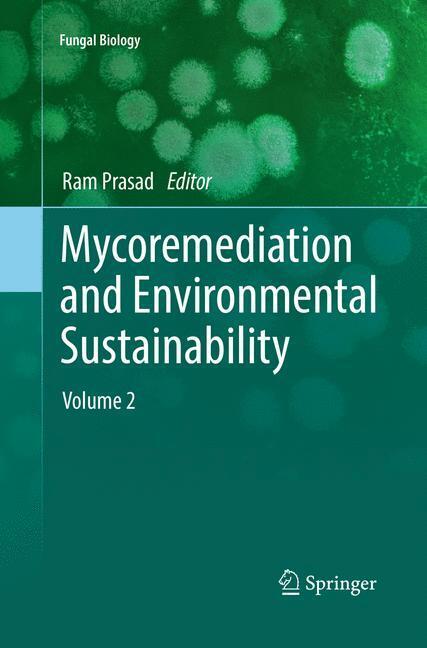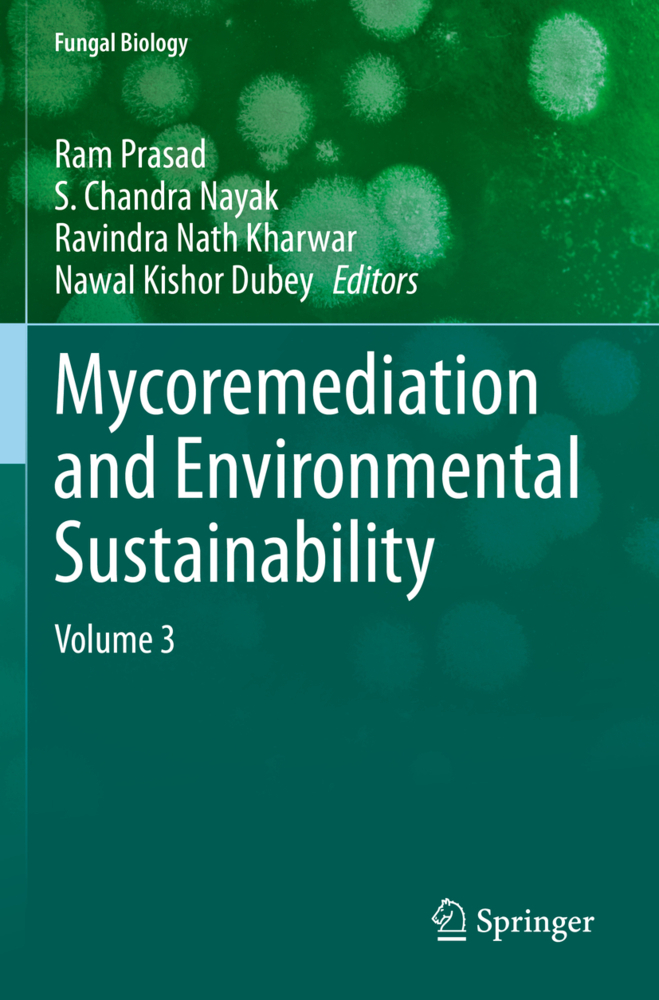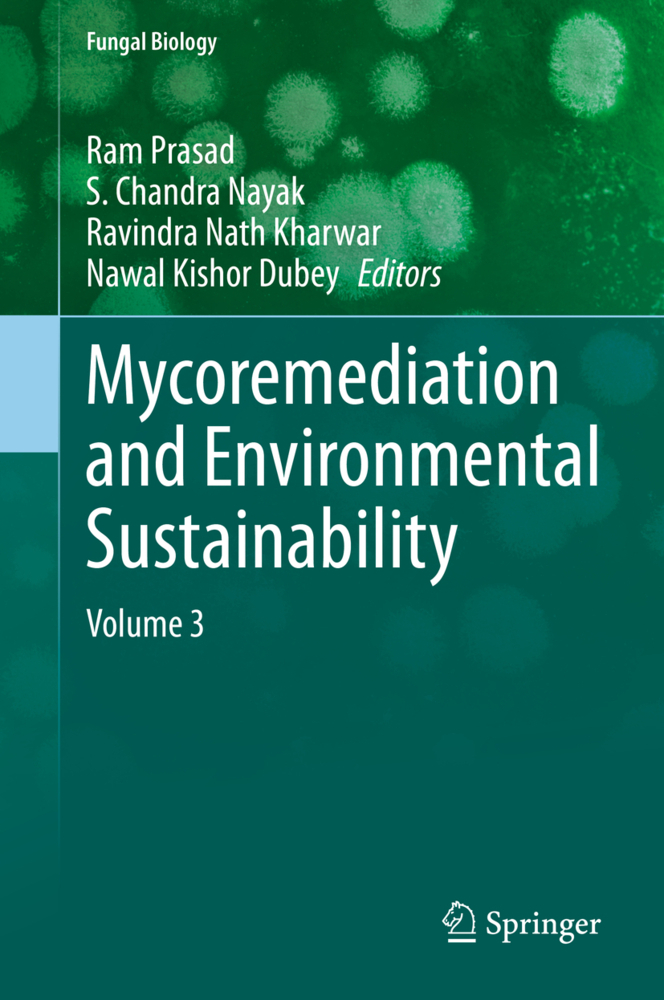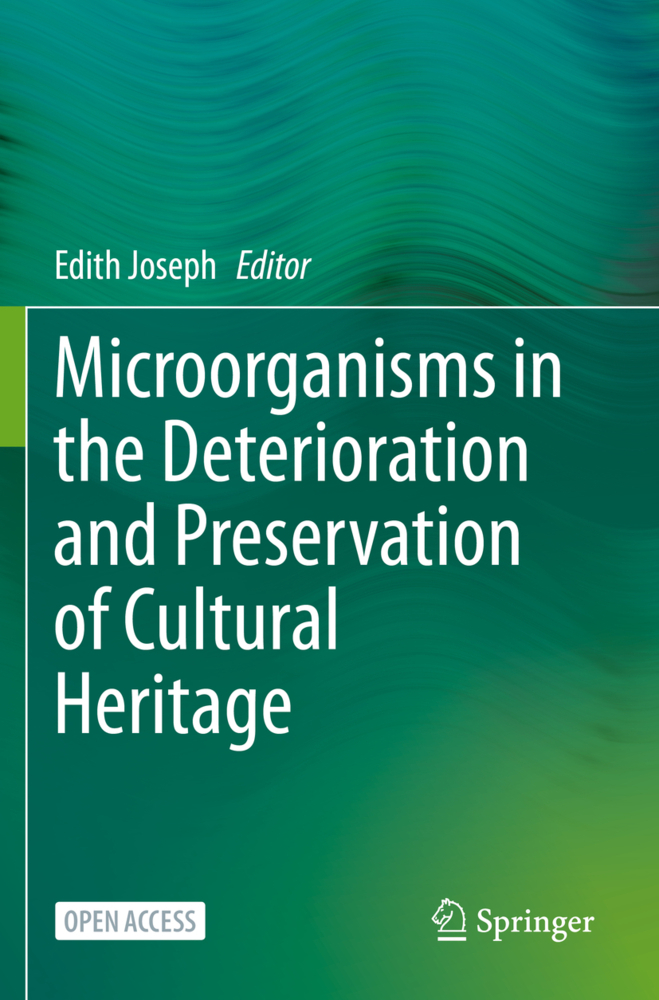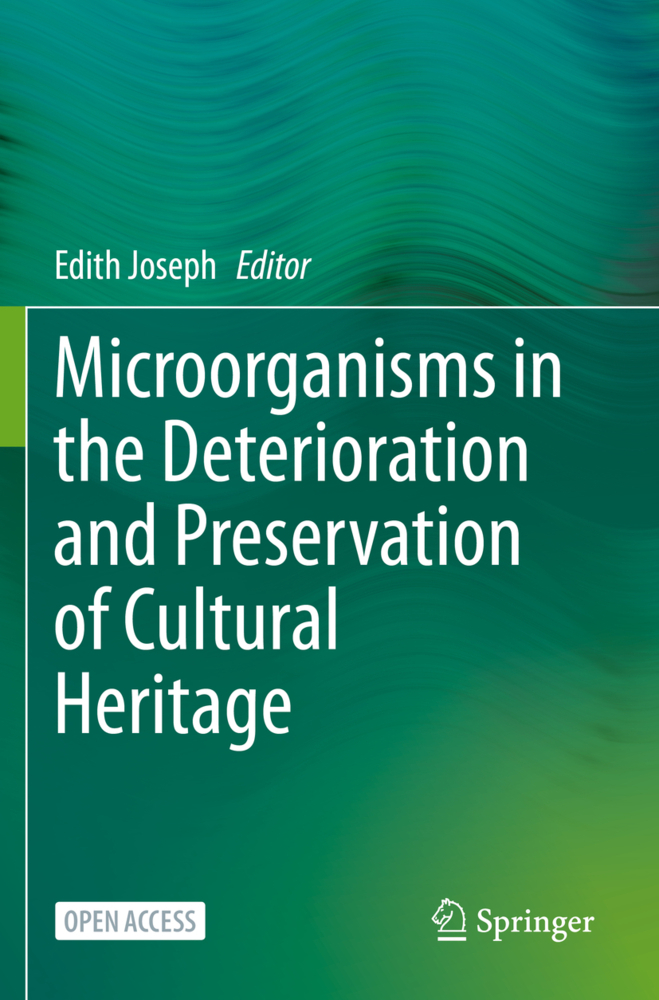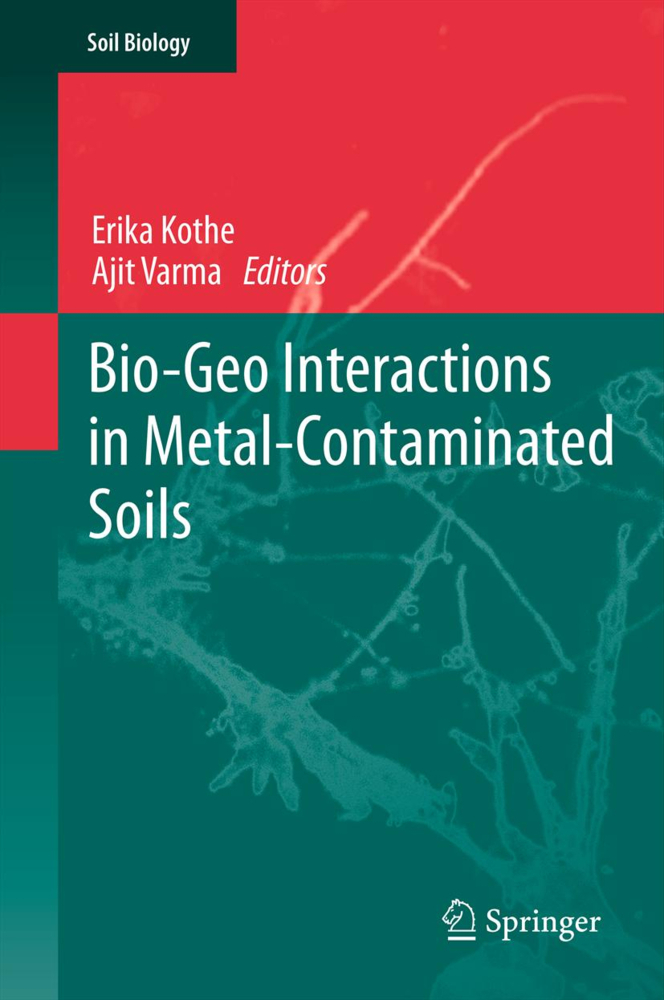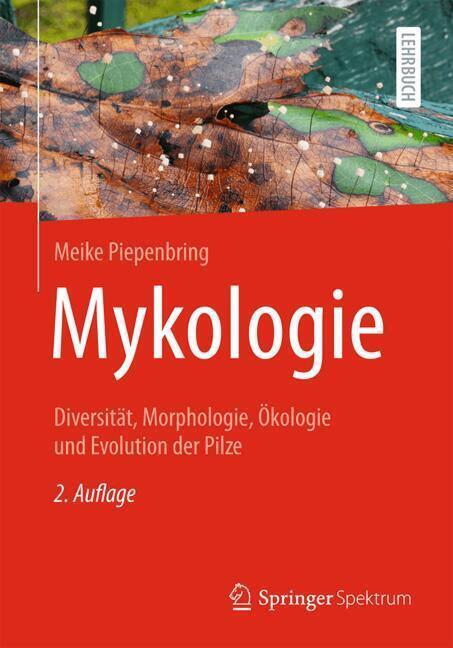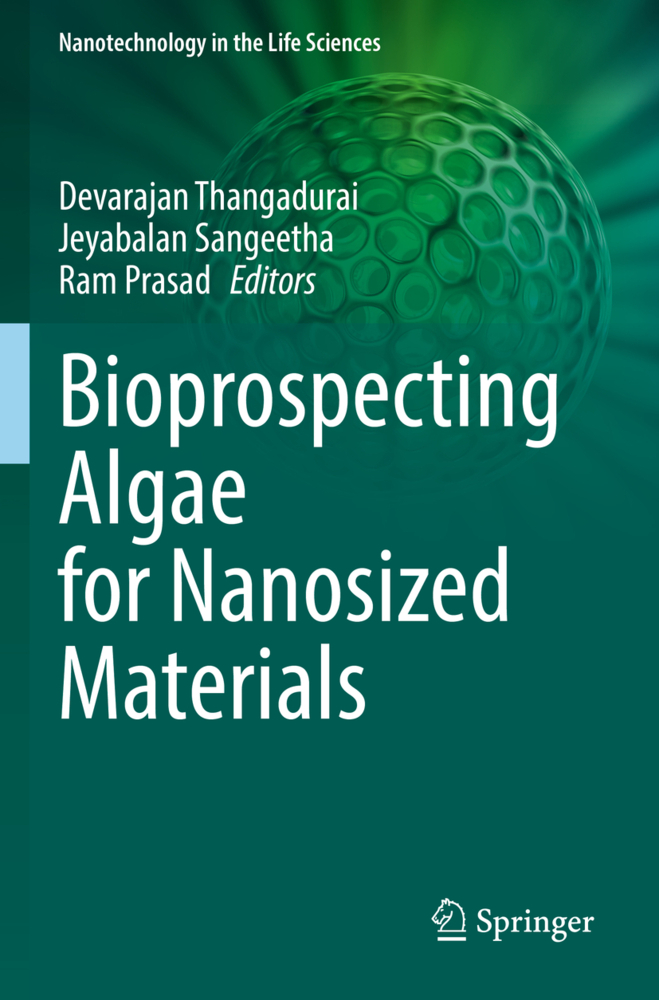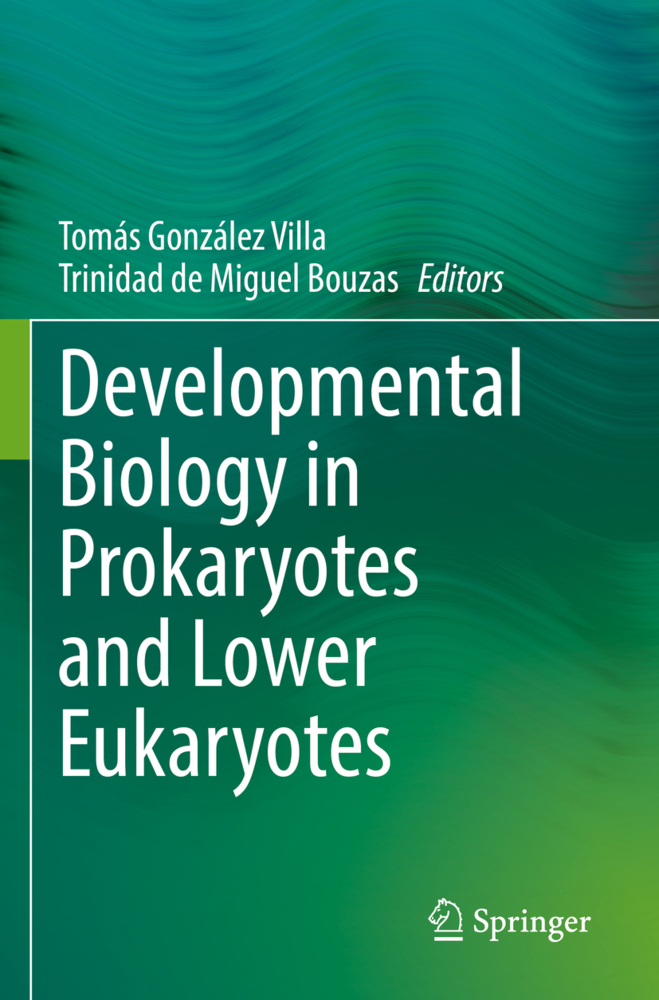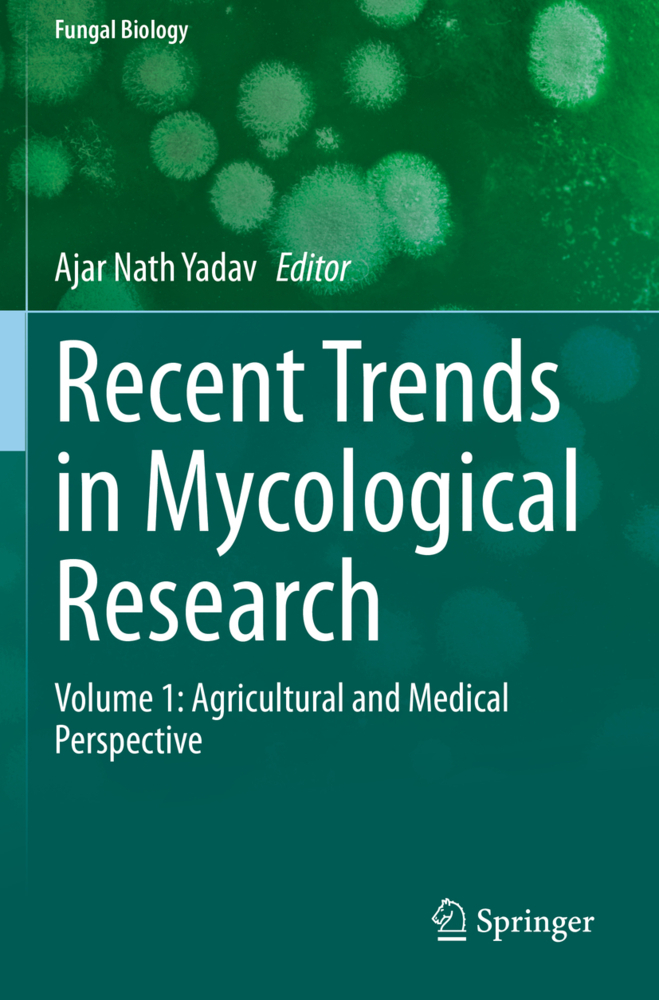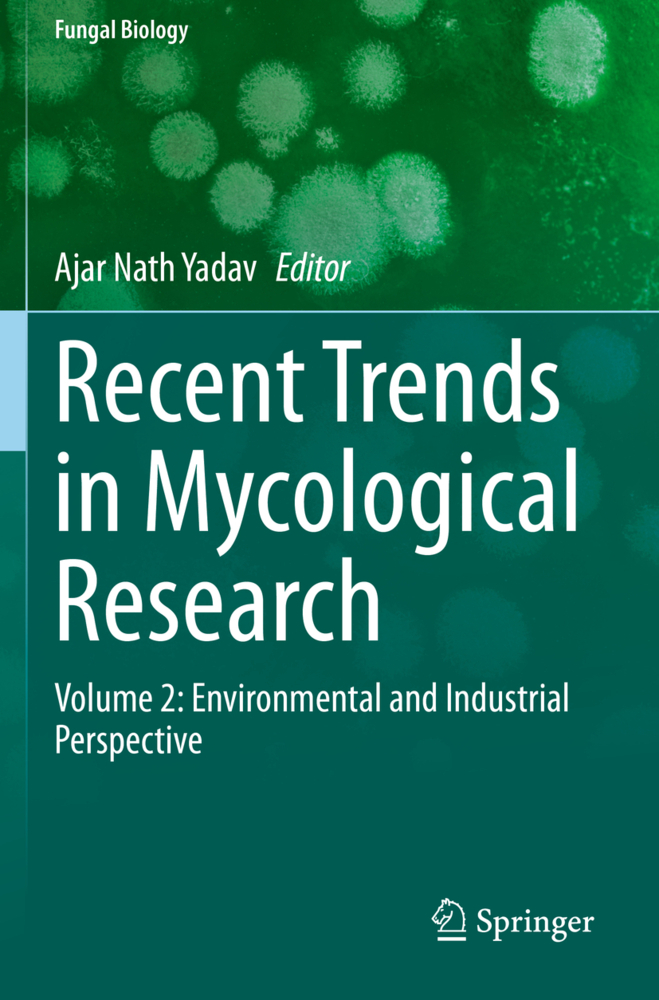Mycoremediation and Environmental Sustainability
Mycoremediation and Environmental Sustainability
Preface
Bioremediation Applications with Fungi
Role of Phytochelatines (PCs), Metallothionines (MTs) and Heavy metal ATPase (HMA) Genes in Heavy Metal Tolerance
Production of Biooils from Microbial Biomasses
Mycoremediation of Agricultural soil: Bioprospection for sustainable development
Bioremediation and Decolorization of Textile Dyes by White Rot Fungi and Laccase Enzymes
Mycoremediation of Common Agricultural Pesticides
Bioremediation of Insecticides by White Rot Fungi and its Environmental Relevance
An Overview of Fungal Applications in the Valorization of Lignocelullosic Agricultural By-products: The case of Two-phase Olive Mill Wastes
Fungal Conversion and Valorization of Winery Wastes
Biosorption of Dye and Heavy Metal Pollutants by Fungal Biomass: A Sustainable Approach
Application of Myconanotechnology in the Sustainable Management of Crop Production System
Obligate Marine Fungi and Bioremediation
Mycoremediation Mechanisms for Heavy Metal Resistance/Tolerance in Plants
Fungal Derived Chitosan Based Nanocomposites: A Sustainable Approach for Heavy Metal Biosorption and Environmental Management
Index.-
Prasad, Ram
| ISBN | 978-3-030-08444-8 |
|---|---|
| Medientyp | Buch |
| Copyrightjahr | 2019 |
| Verlag | Springer, Berlin |
| Umfang | 392 Seiten |
| Sprache | Englisch |

